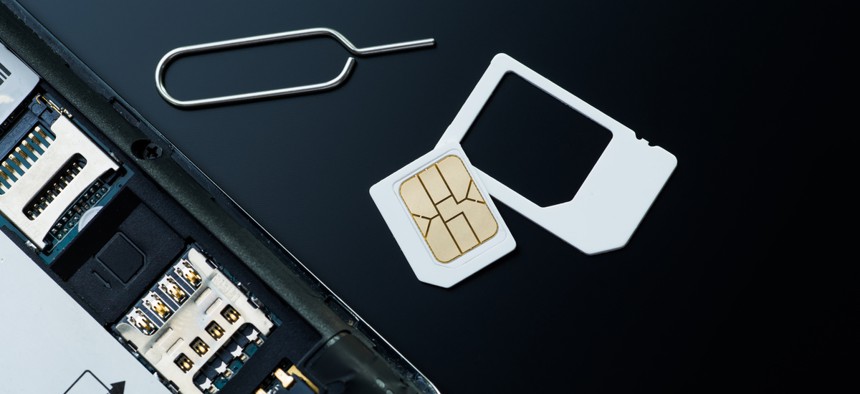NSA Updates List of Tech Ready For Commercialization

Ztudio-Neosiam/Shutterstock.com
The agency's portfolio of technology focuses on challenges in big data, cyber, internet of things and mobility.
The National Security Agency recently updated a list of tools it hopes to transfer to the private sector.
The agency’s Technology Transfer Program aims to turn some of its research and development projects into viable commercial products by issuing patent license agreements with businesses of all sizes.
» Get the best federal technology news and ideas delivered right to your inbox. Sign up here.
The latest portfolio includes dozens of technologies focused on challenges in big data, cyber, internet of things and mobility such as information processing, authentication and security. Here is what some of those solutions can do:
Pull names from large data sets: ALADDIN combines three different patents combine to help non-experts use natural language database search methods to find names and other transliterated terms. Companies that specialize in genealogy, finance, medical records retrieval, fraud detection or background check may be interested in this search tech.
Recognize speech in any language: This technology processes spoken sounds regardless of language thanks to two patents. One uses a phonetic language to train speech recognition systems while the other allows speech processing applications to identify sounds from multiple languages without checking outside databases. NSA suggests this technology could be used to train and evaluate artificial intelligence systems or for other transcription and translation services.
Track removable electronic components: This tech can detect if electronic components like a smartphone’s SIM card or a laptop’s hard drive have been removed, disabled or otherwise have unauthorized activity. It could be used to track memory cards, computer peripherals or other electronic components as part of anti-theft, anti-hacking or anti-virus monitoring. It could also be used for mobile device management for enterprises or to enable parental controls on cellphones.
Measure software integrity: The Linux Kernel Integrity measure can determine with software has been modified or is authorized to run on systems without referencing known malware signatures like anti-virus systems do. Alternate versions perform the same tasks for Microsoft Windows and Xen Hypervisor.
Identify multiple voices at the same time: Using relatively simple computing resources, this tech can identify multiple speakers in real time in a way that mimics a person’s ear-to-brain connection. This pair of patents could be used for voice recognition for home automation, sound detection for security systems, or perhaps in assistive technology or audio forensics.
Improve maritime communications: The agency powered up the Automatic Identification System, and existing system ships use to avoid collisions. NSA’s system can compensate for unknown signals or interference, and could be applied in port security scenarios or be used for drone tracking or collision avoidance.






